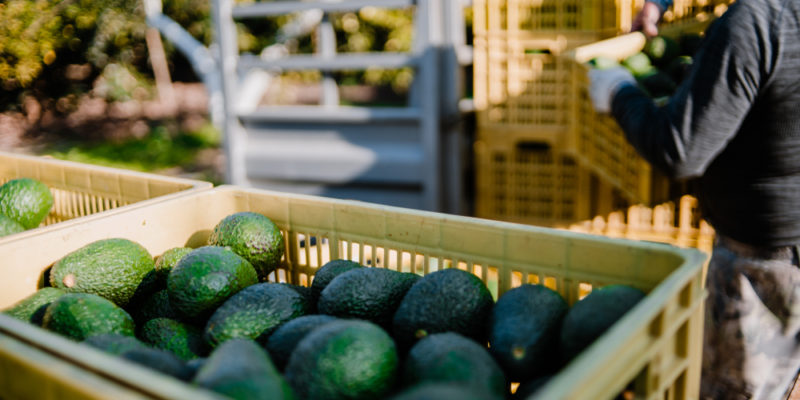Why Queensland’s Climate Demands Specialist Cold Chain Expertise
Queensland’s subtropical and tropical climate is both a blessing and a challenge. While the region’s warmth and rainfall nurture thriving agricultural zones, the same climate introduces serious risks for transporting perishable goods. Maintaining product quality through all stages of the supply chain demands more than just refrigerated trucks; it requires cold chain expertise tailored to the state’s unpredictable conditions.
Queensland’s Climatic Challenges
Queensland experiences long, hot summers with humidity levels often exceeding 70%, especially in the north. In the far north and coastal areas, daily maximums regularly surpass 30°C, while inland regions can see even hotter extremes. Combine this with seasonal monsoons, tropical cyclones, and flooding, and you have one of the most logistically challenging environments in the country.
Humidity is particularly problematic for cold transport. High moisture levels can cause condensation within vehicles and storage units, leading to packaging breakdown, microbial growth, and eventual spoilage. In this climate, even brief lapses in temperature control can degrade the quality of meat, dairy, seafood, and fresh produce, especially when transporting over long distances across the vast state.
Why a Specialist Approach Is Essential
General freight companies often underestimate the level of control required to keep perishables stable in Queensland’s climate. This is where a specialist cold chain provider makes a difference. These operators invest in infrastructure, training, and systems specifically designed to handle the pressures of Queensland’s environment.
Key capabilities include:
- High-performance refrigeration units: Equipment that maintains stable internal conditions even when external temperatures are extreme.
- Temperature zoning: The ability to transport different product types, like meat, dairy, and vegetables, at different temperatures within the same vehicle.
- Real-time monitoring: IoT technology and GPS integration that provides 24/7 temperature tracking and alerts, ensuring deviations are identified and corrected quickly.
- Contingency planning: Route flexibility and rapid-response teams trained to handle delays caused by flooding, landslides, or road closures.
These systems aren’t just about maintaining compliance. They actively protect brand reputation, reduce product waste, and ensure that Queensland’s growers and suppliers can reliably deliver high-quality goods to local and interstate markets.
Agriculture and the Cold Chain in Queensland
Queensland is a cornerstone of Australia’s fresh food economy, producing much of the nation’s bananas, pineapples, mangoes, avocados, and salad vegetables. Regions like the Lockyer Valley and Bowen Basin are critical nodes in the national food chain.
Growers in these areas depend on fast, efficient cold transport to ensure freshness when their products hit supermarket shelves. However, when logistics providers lack experience with Queensland’s climatic volatility, the results can be costly. This can cause spoiled stock, rejected shipments, and strained supplier-retailer relationships.
This is particularly urgent in peak summer months or during harvest periods when any disruption to the cold chain can compound across multiple customers and markets.
Weather Disruption Is Inevitable—Preparation Is Not
Flooding and cyclones are not occasional freak events in Queensland, they’re expected features of the climate. For example, in the 2011 flood crisis, over 70% of the state was affected. Roads were closed for weeks, deliveries were halted, and entire harvests were lost due to cold chain breakdown.
Logistics providers need to have specific contingency plans in place to limit the impacts of these events. Those who operate here must build flexibility into their operations, such as alternate routes, emergency fuel and generator supplies, and warehouse space in strategic locations to mitigate disaster-related delays.
Conclusion
Transporting temperature-sensitive goods in Queensland is not a simple matter of loading them into a refrigerated truck. It’s a battle against time, weather, and biology, all underpinned by advanced technology and local knowledge.
Cannon Logistics understands that in Queensland, cold chain logistics isn’t just a service, it’s a specialised discipline. By combining smart infrastructure with a deep understanding of regional conditions, Cannon ensures that fresh produce, pharmaceuticals, and other sensitive freight are protected from paddock to plate, even in the state’s toughest conditions.
